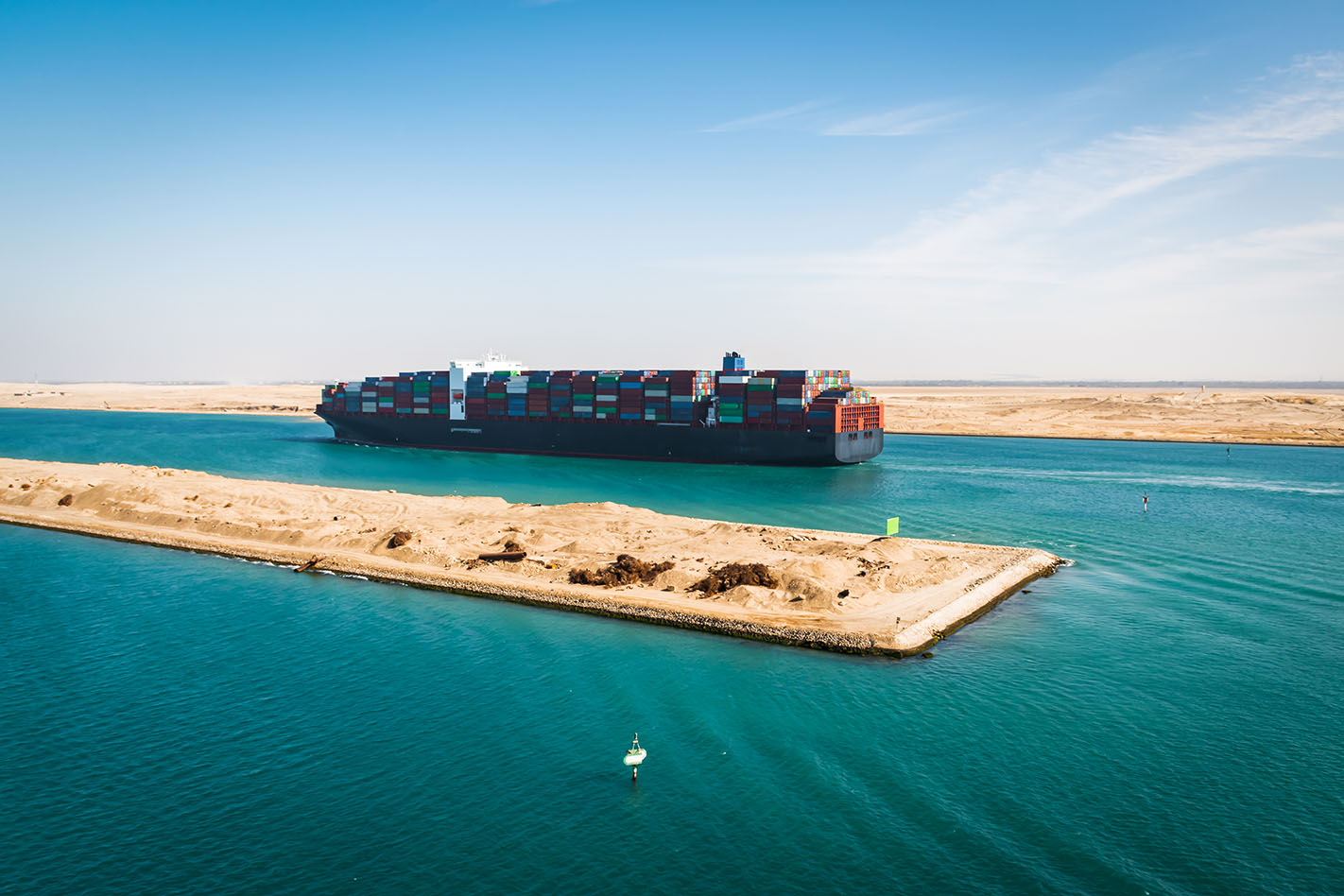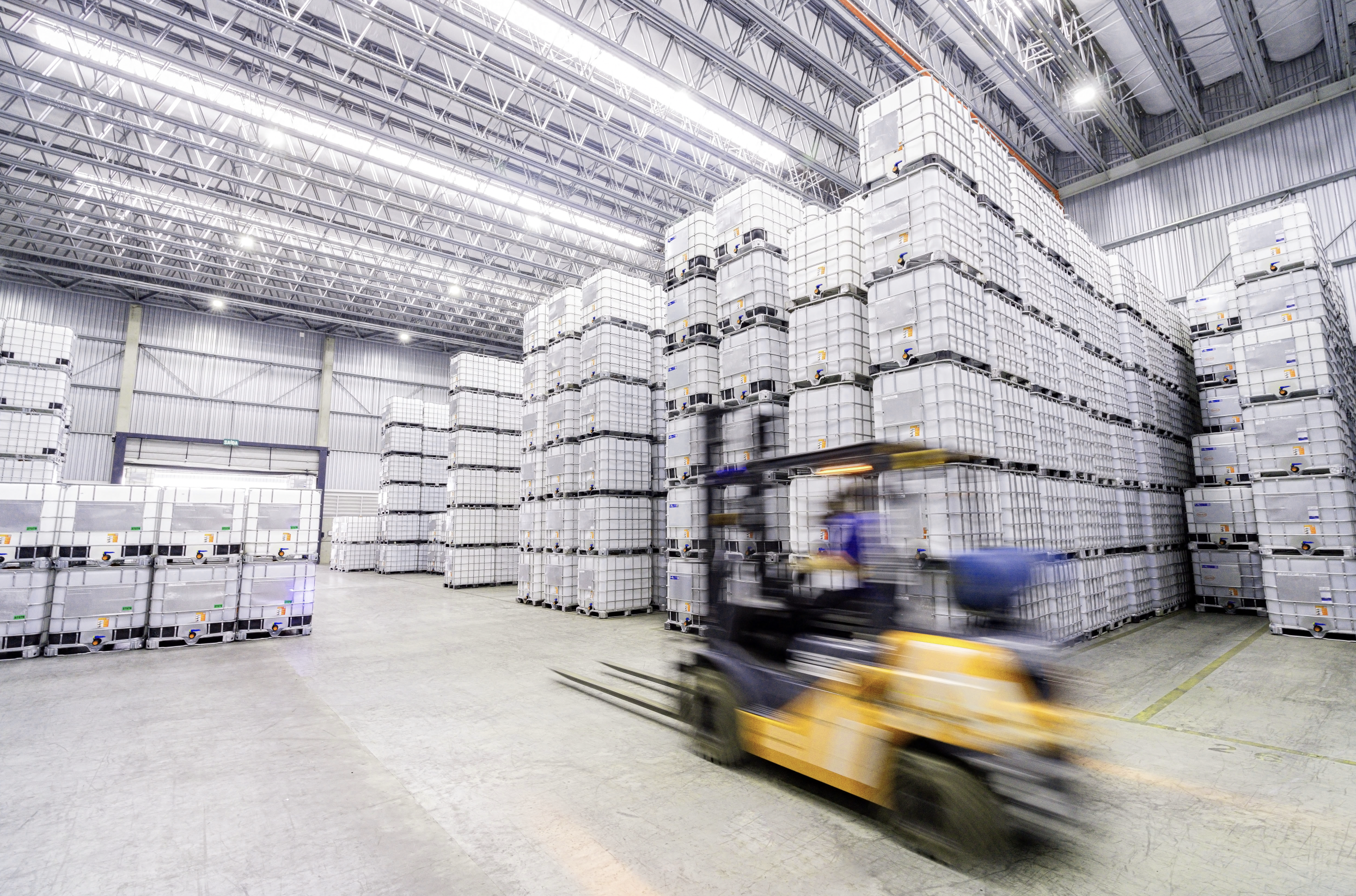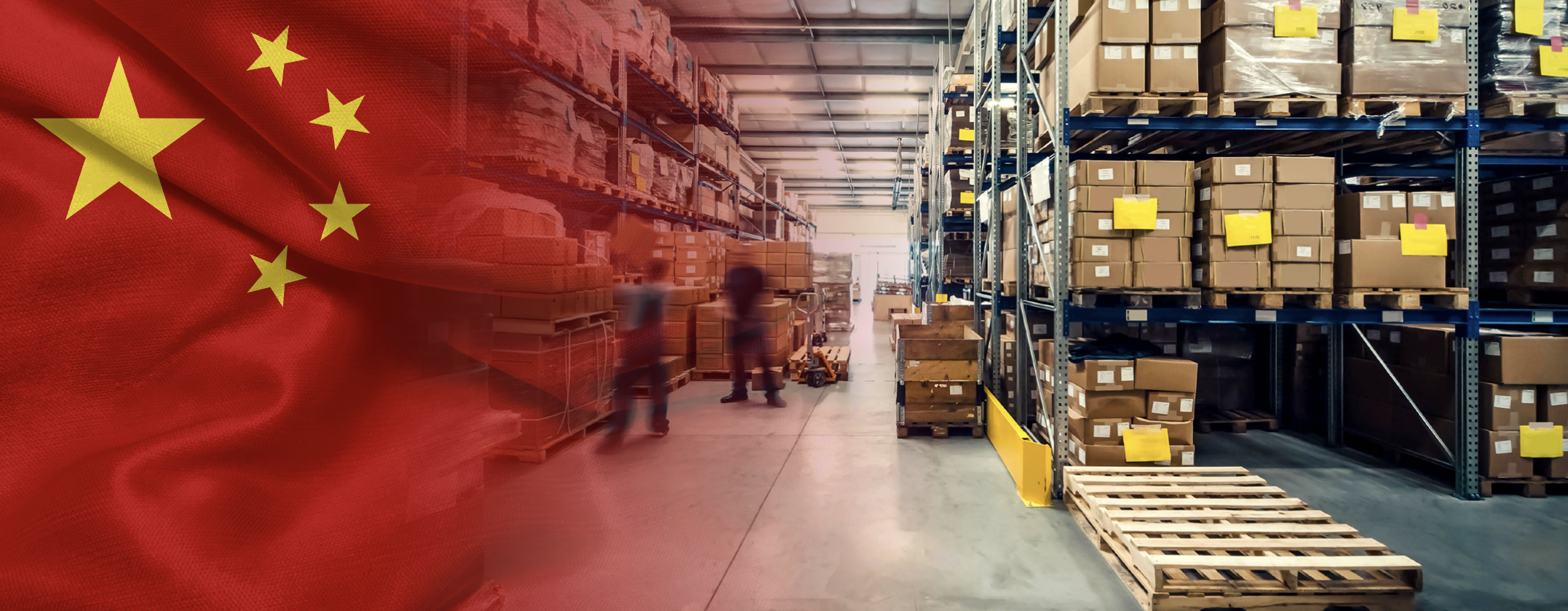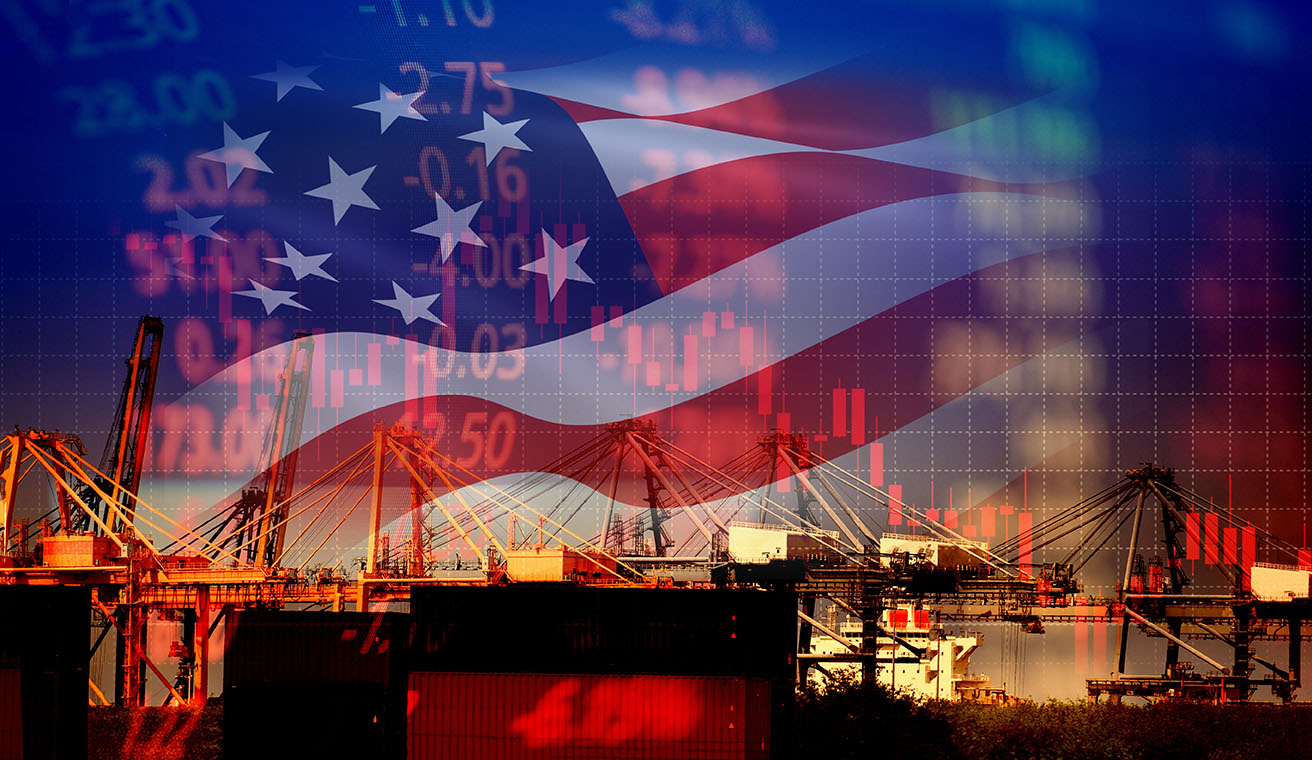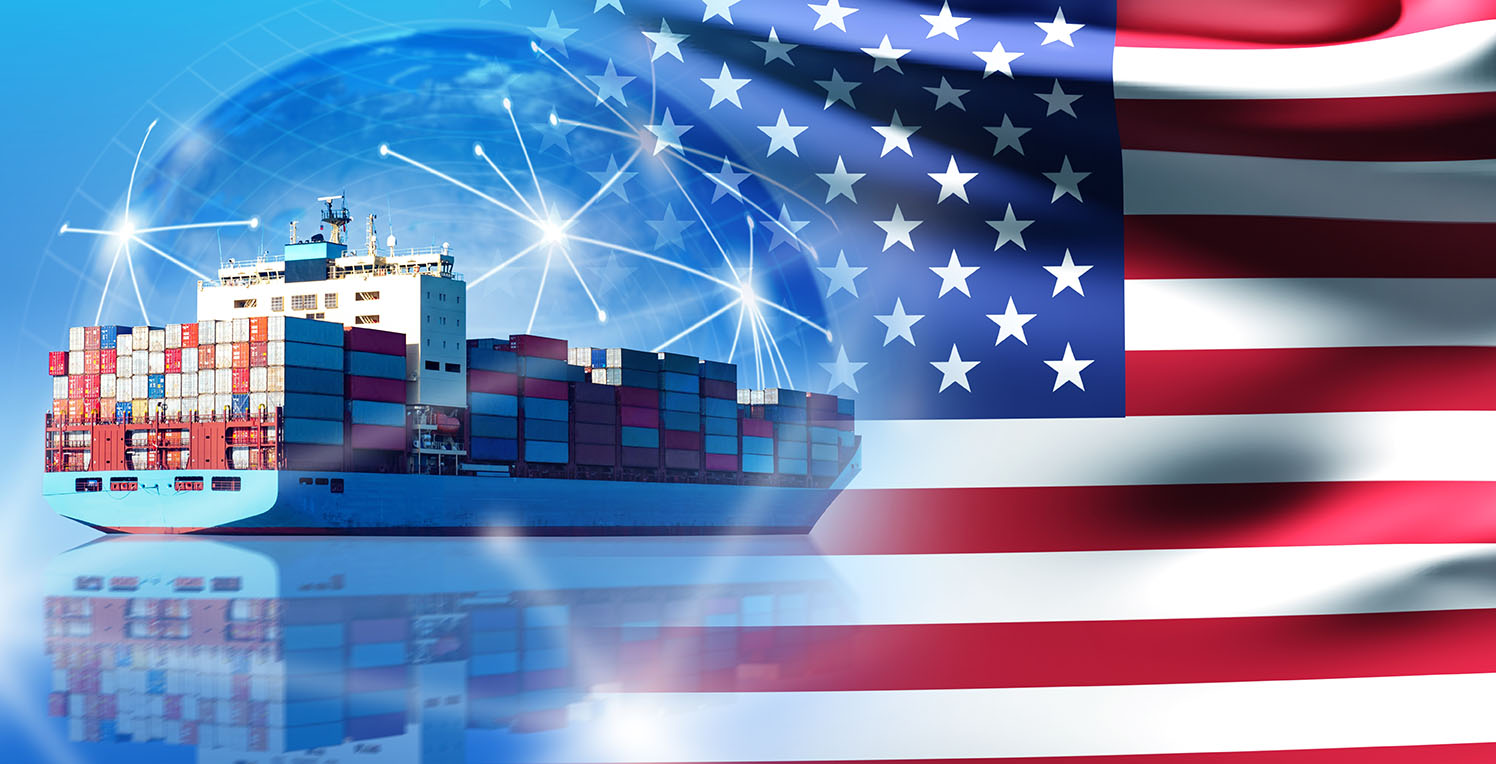
On July 31, 2025, the United States announced a new order targeting transshipment practices and goods routed through third countries intended to evade payment of customs duties.
This order, known as the Anti-Circumvention Rule, is set to take effect on August 7, 2025 and imposes a 40% duty plus penalties on goods routed through third countries if the U.S. Customs and Border Protection (CBP) determines that the route was intended to disguise the goods’ origin and avoid applicable tariffs.
For logistics service providers, any involvement – even indirect – in false origin declarations may result in fines. Unlike typical trade policy changes, this order:
- Offers no penalty mitigation
- Has no gradual phase-in
- Applies retroactively to all shipments, including those not yet dispatched
The order is part of the U.S. Department of Justice’s (DOJ) broader policy on enhanced enforcement against trade and customs fraud, including duty evasion, and comes alongside DOJ restructuring and resource expansion for enforcement.
Definition of “intent to circumvent”:
CBP will look for indicators such as routing through common transshipment hubs, minimal or no processing in the transit country.
Logistics provider liability:
Even indirect involvement in false origin declarations can trigger fines.
Documentation gaps:
The rule places strong emphasis on meticulous documentation. Companies may be required to present supplier affidavits, factory certifications, export declarations from the original country, and detailed transport records to prove true origin.
Scientific analysis:
In certain cases, CBP may use scientific methods – such as isotopic or chemical testing – to verify a product’s origin.
Recommended business actions:
- Tighten and maintain documentation – Create and preserve comprehensive, auditable supply chain records.
- Update contracts – Add clear clauses with suppliers regarding origin verification and risk allocation.
- Improve visibility – Implement technologies such as digital supply chain ledgers to track goods from source to destination.
- Conduct due diligence – Vet all suppliers and logistics partners to ensure compliance with and understanding of the new rules.
ICL Global’s professional teams are available to provide clarifications and further details on the new order and preparations for its implementation.
ICL Global
For further information see: https://www.whitehouse.gov/presidential-actions/2025/07/further-modifying-the-reciprocal-tariff-rates/
The information in this ICL Global Update Center is provided for general informational purposes only and does not constitute professional advice. While efforts are made to ensure accuracy and timeliness, the content may contain third-party information or links that are beyond our control and may change without notice. We make no warranties regarding completeness, reliability, or suitability. Readers should verify all information independently before taking any business, financial, or operational action.
